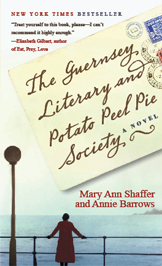by Elizabeth Goodman
Book NineteenReview:
It is very much to Goodman's credit that Cat Power: A Good Woman sustains interest, especially since Marshall refused to participate. Goodman thoroughly explores the central drama of Marshall's life: the "career-long argument Chan has with herself…about whether or not she wants to be up there singing in the first place"…Goodman makes a decent case—to this skeptical reader, anyway—for Cat Power's musical significance.
This is why I will be leaving
And this is why, I can’t see you no more.
I will miss your heart so tender
And I will love
This love forever
I don’t want be a bad woman
And I can’t stand to see you be a bad man
I will miss your heart so tender
And I will love
This love forever
And this is why I am leaving
And this is why I can’t see you no more
This is why I am lying when I say
That I don’t love you no more
Cause I want to be a good woman
And I want for you to be a good man











